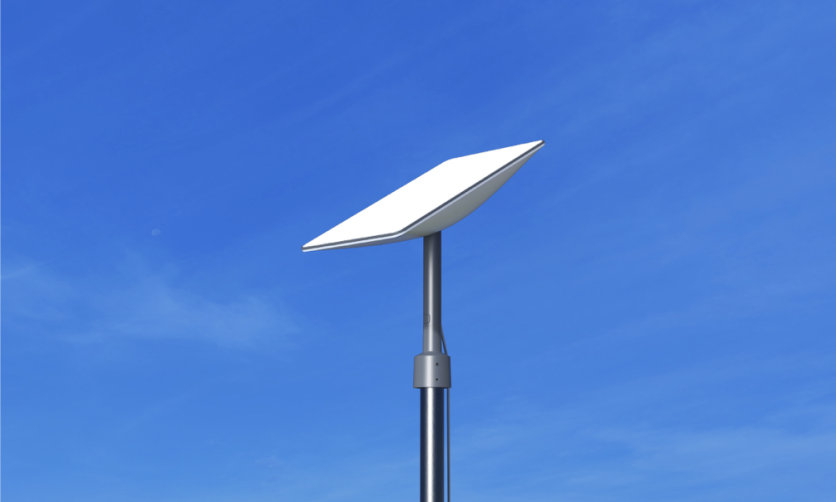Starlink is aiming to secure new funding from the Federal Communications Commission to bring its satellite internet service to rural areas in the United States, but the federal agency rejected their request. The RDOF request sees a different turn of events from the FCC that puts Starlink in a situation where it needs to secure from other sources or do it on its own.
Starlink Gets FCC Rejection on RDOF for Rural Expansion

Two companies saw the FCC's rejection of their service, and it includes Starlink and LTD Broadband, who will not get their request for an RDOF that it initially asked from the agency. According to the FCC, Starlink and another company were awarded $1.3 billion for their request before, but it failed to deliver on the service.
Starlink's application for the subsidy did not push through and FCC Chairperson Jessica Rosenworcel claimed that the agency "cannot afford to subsidize ventures that are not delivering the promised speeds or are not likely to meet program requirements."
The application asked for an $885 million subsidy for the rural area's development over the next ten years, something which Starlink is looking forward to expanding on in the future.
Starlink's Expansion: What is the FCC's RDOF?
However, the FCC Commissioner, Brendan Carr, said that he is surprised to know that Starlink's request got a rejection by the regulatory agency as they aim to give more to the public, especially in rural areas. The RDOF or the Rural Digital Opportunity Fund is a long-term effort by the FCC to subsidize network providers so that they may extend to far areas in the country, with $9.2 billion funding.
Starlink's Internet For All
Reports found that Starlink's satellite internet saw a successful first year since its last year's initial introduction that focuses on a beta testing experience for the new connection feature. There are many people already connected to Starlink and it brings a significant experience via the satellites, offering a fast connection speed from orbit.
However, it is not yet the end for Starlink satellites to grow and expand more of its service for the world.
Multiple missions with the SpaceX Falcon 9 are taking place to bring satellites to space and deliver it to its existing fleet that orbits the planet and provide internet to locations that it is already available.
Additionally, Starlink is still looking at expanding its services to more regions and countries, something which Elon Musk promised for the world.
The latest rejection from the FCC is a dent in Starlink's operations as it expected additional help from the regulatory agency for its expansion in rural areas in the country. It seems that it needs to secure alternative sources of funding for its ventures as the FCC already decided and deemed that the company would not receive it from them.
Related Article : Starlink Deploys 46 Satellites with SpaceX's 32nd Mission-Internet Service Present in 36 Countries
This article is owned by TechTimes
Written by Isaiah Richard




